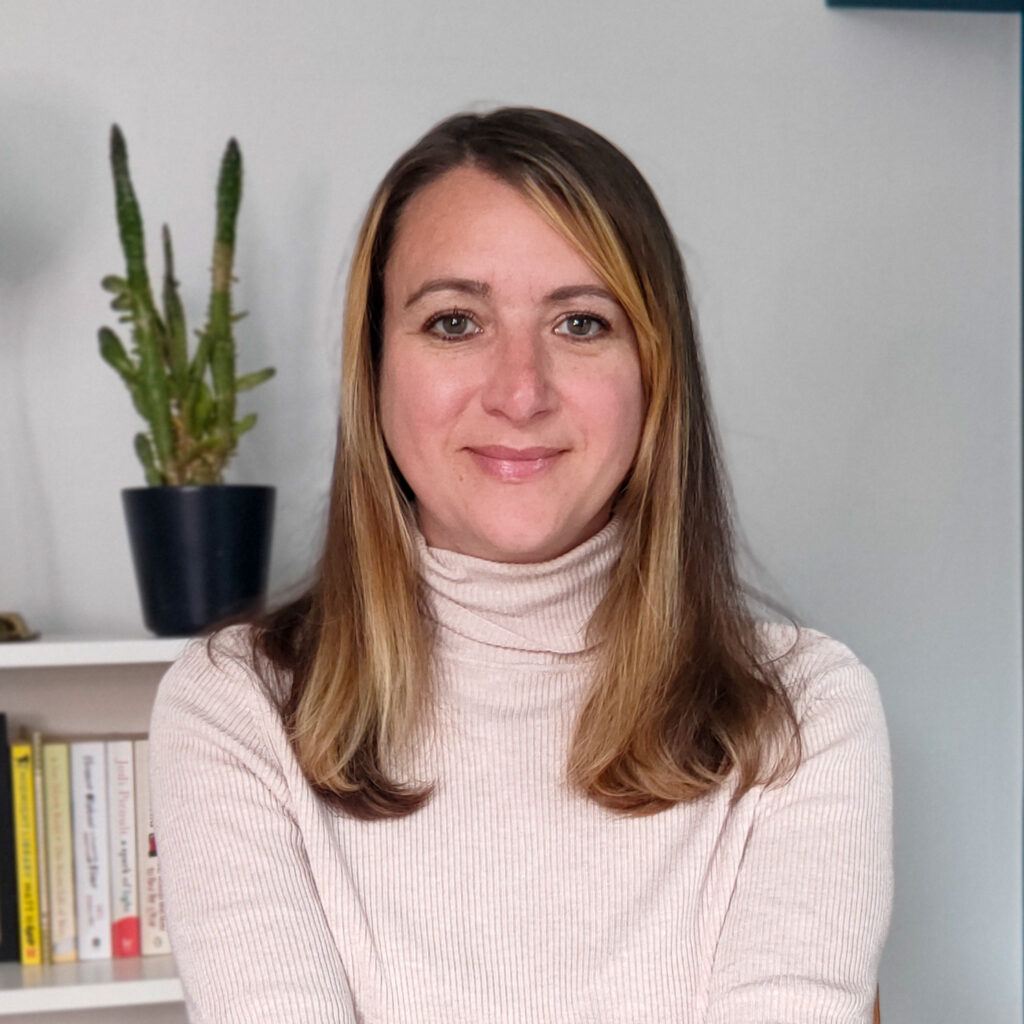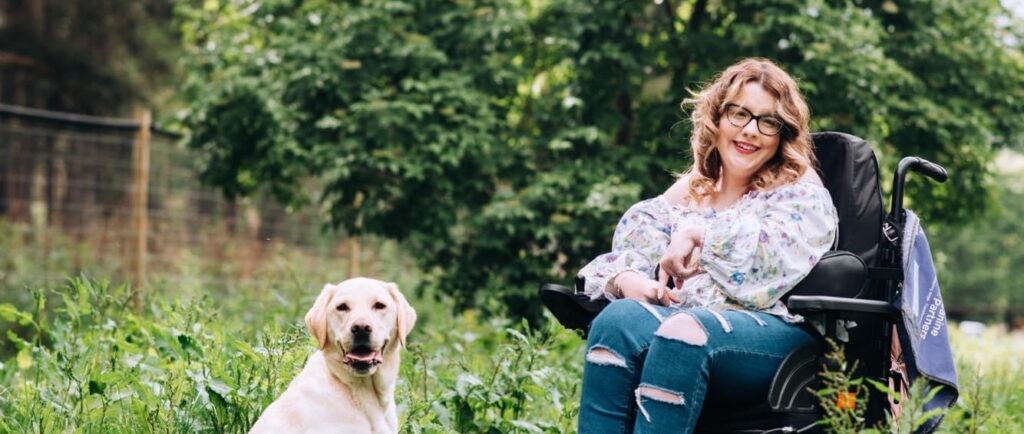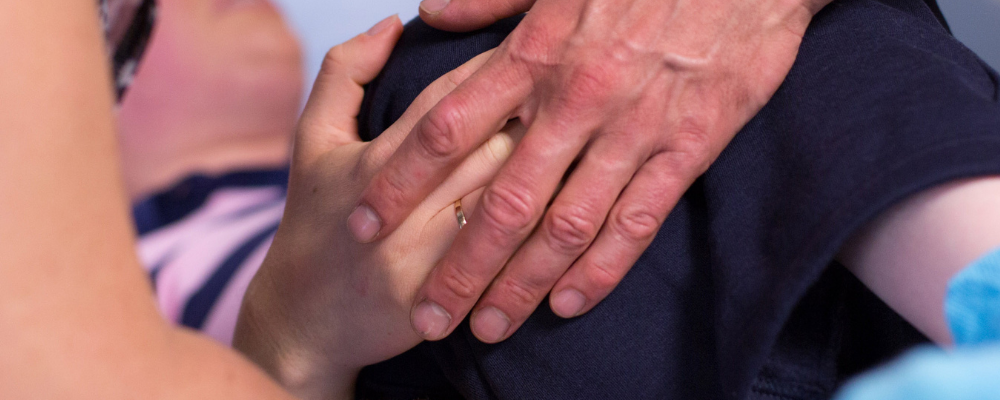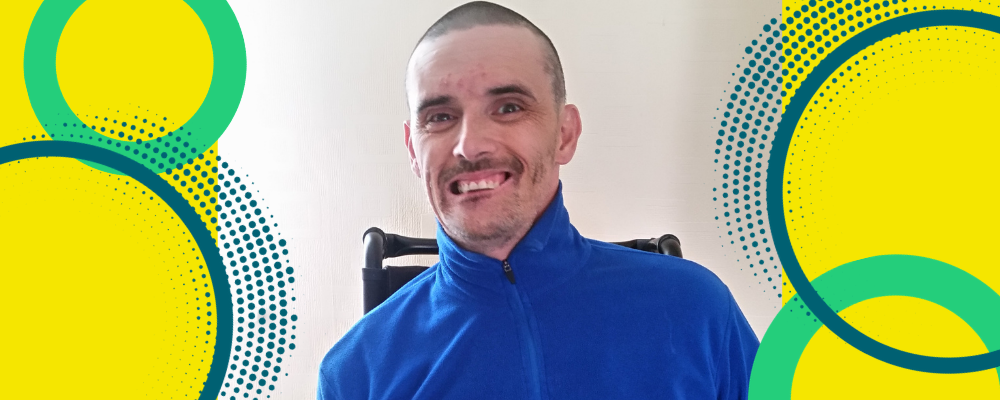Rachel has over 15 years of experience in stakeholder engagement and partnership management and has successfully delivered both fundraising and strategic partnerships in the third sector. She has expertise in workplace disability inclusion and is a passionate advocate for lived experience involvement.
Rachel previously worked in Corporate Partnerships for one of Scotland’s largest charities and is a registered member of the Chartered Institute of Fundraising. In her spare time Rachel is a Board Member for the creative charity Produced Moon and a member of Disability Equality Scotland.




